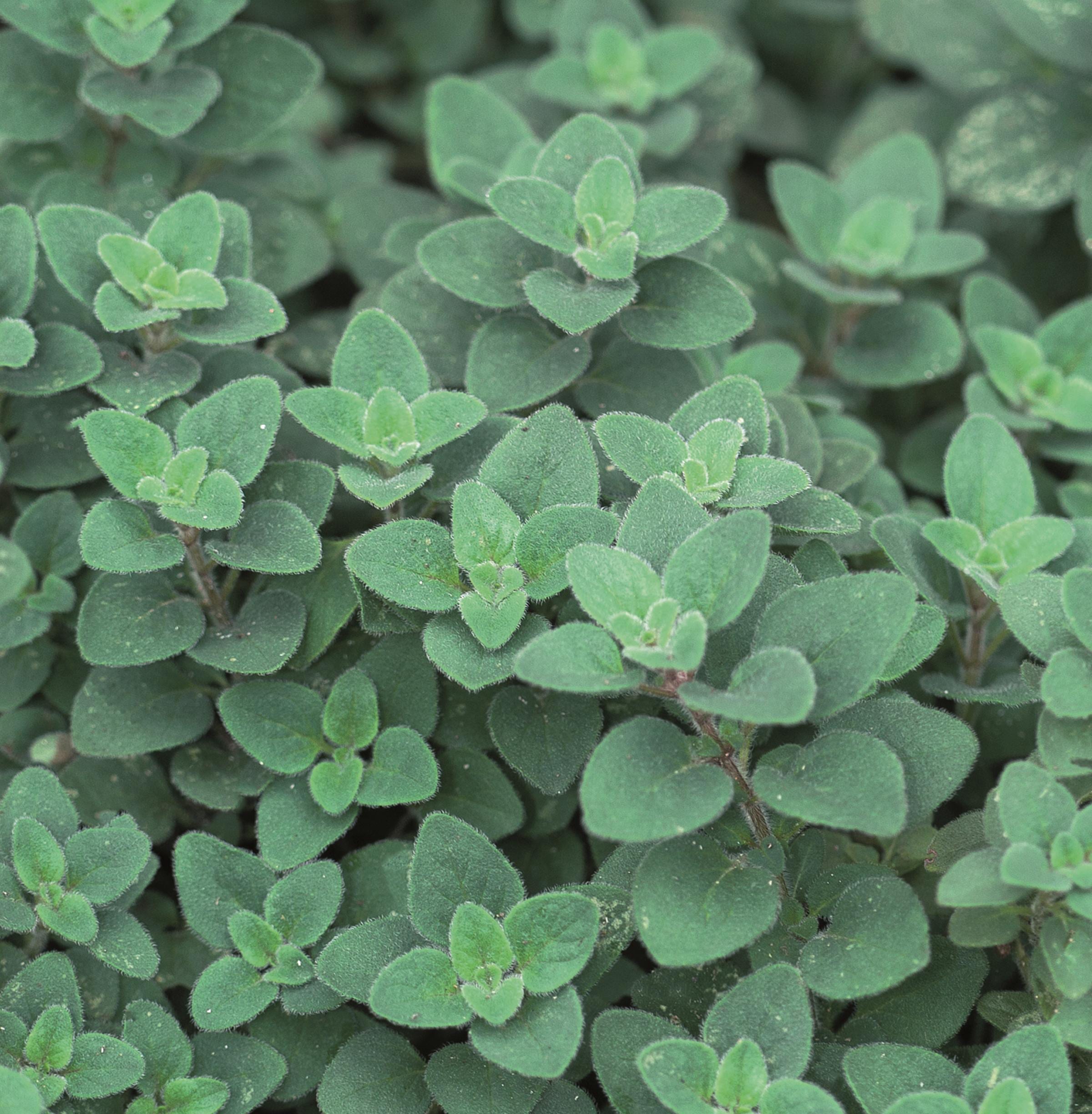| Maturity (days) | Perennial |
|---|---|
| Plant height (cm) | 25 |
| Spreading (cm) | 25 |
| Formulation | Organic |
Oregano Cleopatra
Oregano Cleopatra
5.69$
In stock
Oregano Cleopatra has been added to cart
Buy 3 and get a 10% discount
This oregano has a pretty silver gray foliage appreciated for its ornamental beauty and flavor value. Cleopatra distinguishes itself from Greek and Italian oreganos by a mildly spicy flavor tinged with a fresh mint coolness. This compact, trailing plant produces a high yield of leaves that makes it a first rate container plant. AAS 2015 winner.
Cultivation mode
Plantation : Indoor: sow 10–12 weeks before the last frost. Do not cover the seeds, as they need light to germinate. Maintain the soil temperature around 21 °C. The germination time is around 7 to 14 days.
Soil : Indoor: A well-drained, porous seedling soil is ideal for preventing overwatering. Outdoor: Oregano is grown in light, dry, fertile, slightly calcareous soils enriched with humus. It appreciates full sun and resist drought well.
Spacing : in the garden, space each plant of 30 cm.
Cultural practices : it is only necessary to water the oregano once at the time of transplantation and then only during hot periods.For better growth, hoe and straw the base of the plant. Prune dry stems in early spring. In the fall, cut the clump back to the ground. Oregano is very hardy, it doesn’t really experience any disease or pest attacks. But if you haven’t already done so, consider mulching the foot to protect it from frost and the cold in general. Oregano can be propagated by dividing the clump in August.
Harvest : picking oregano leaves is done in the morning to preserve all of its aroma and freshness. Do it as and when you need it. You can also pluck the flowering stem entirely and dry it in a cool, airy room. Indeed, oregano can be used both fresh and dried.
| Latin name |
Origanum hirtum |
|---|---|
| Companion plants |
bean, broccoli, Brussels sprouts, cabbage, cauliflower, cucumber, parsley, pepper, squash, rosemary |
| Rival plants |
thyme |

